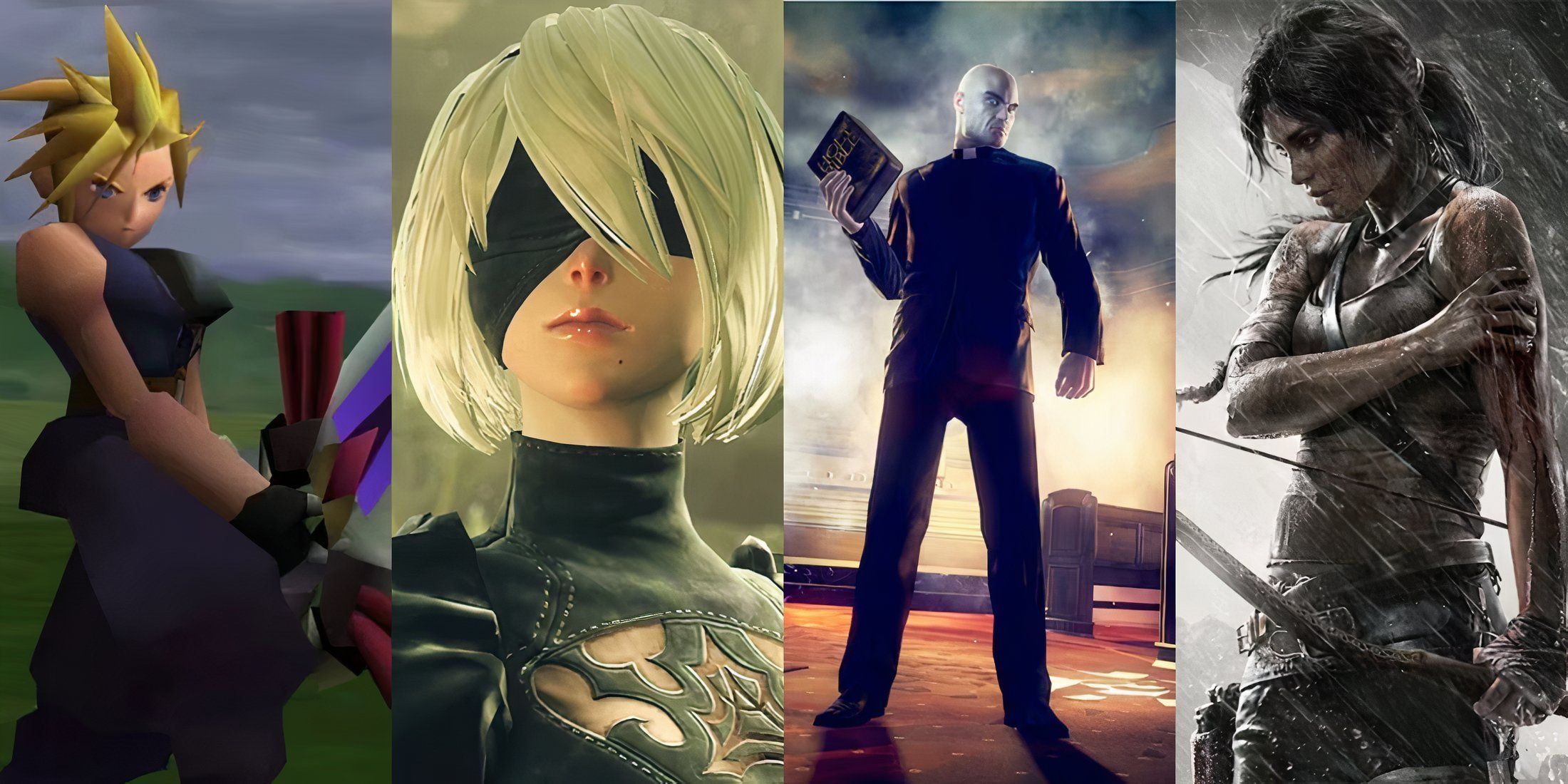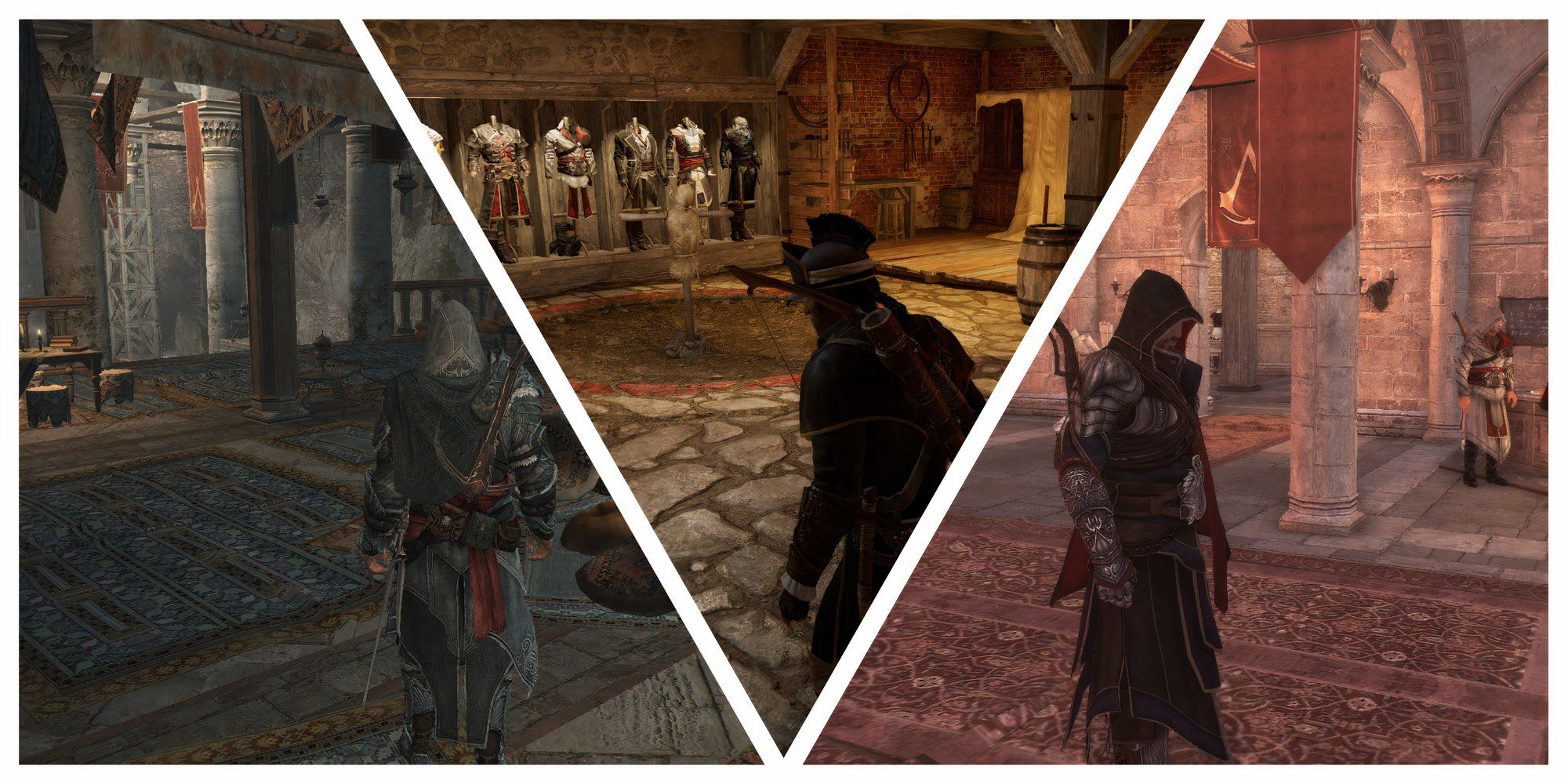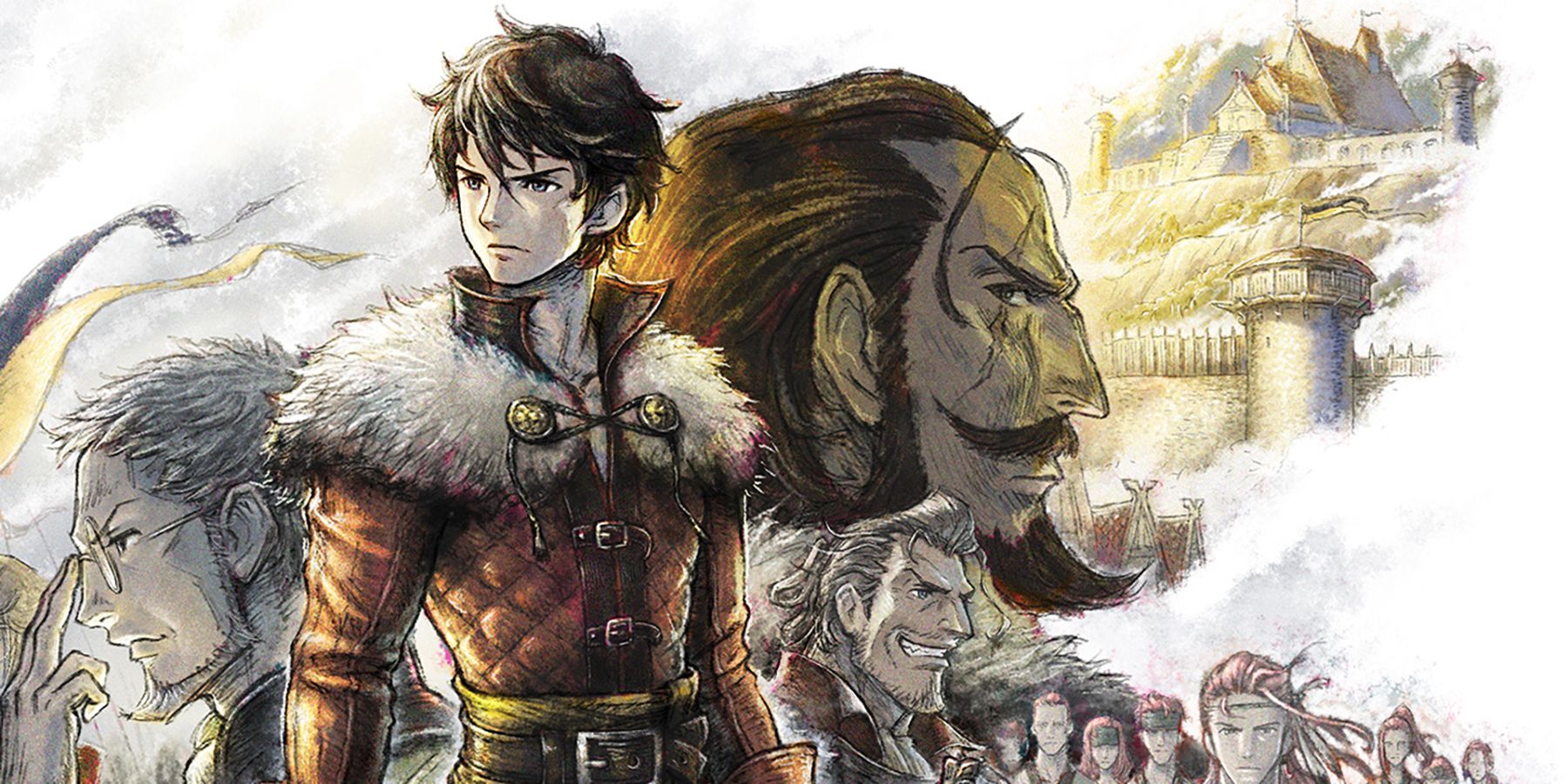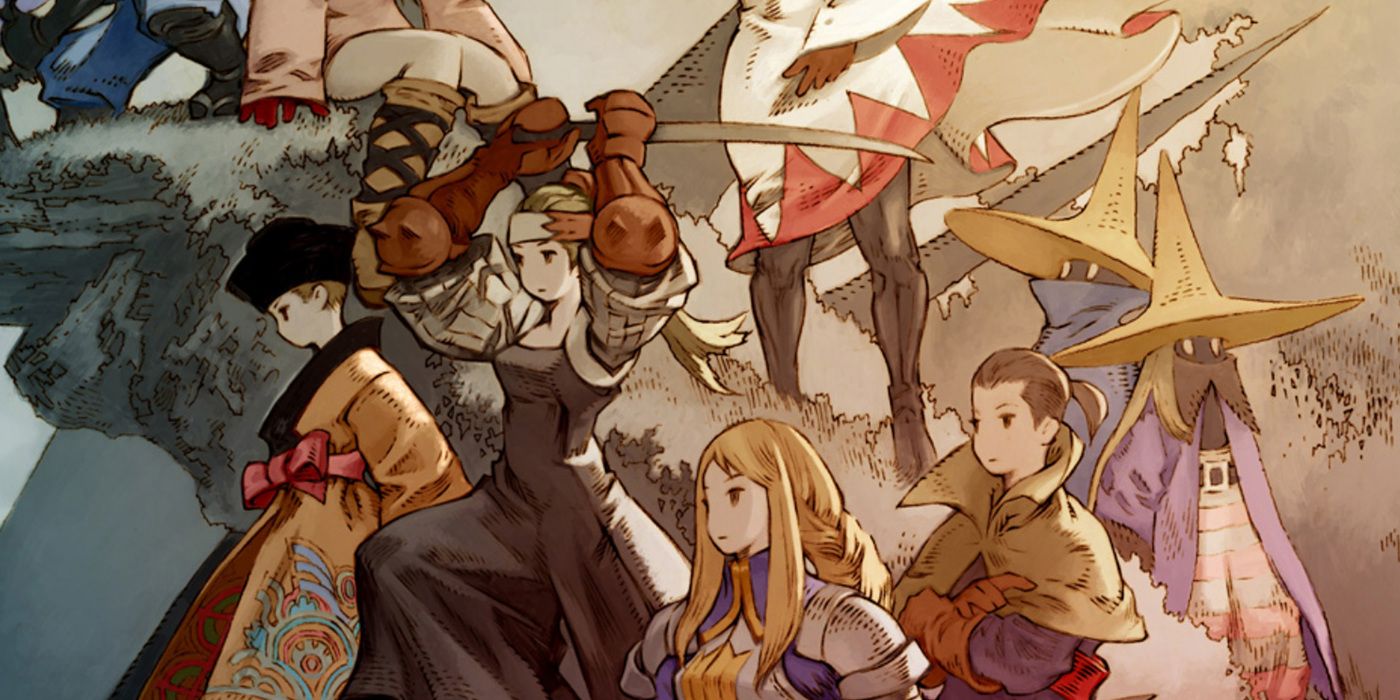Among the many other high profile projects in development at Square Enix, there is one particular game that's going under the radar. As ongoing work continues on Final Fantasy 16, Final Fantasy 7 Remake's second chapter, Dragon Quest 12, among other things, one exclusive is bringing back a long-dormant subseries in a big way. Triangle Strategy, formerly known as the vastly different Project Triangle Strategy, is a Nintendo Switch exclusive strategy RPG in development that's aesthetically similar to the "HD-2D" OctopathTraveler. Although marketing for the game had died down quite a bit until recently, Triangle Strategy has a lot going for it.
Of course, there's likely a quietly sustained excitement for the game, as the game's existence alone is capable of mustering that much from fans. A seemingly spiritual successor to the Final FantasyTactics games, Triangle Strategy is a Final Fantasy-esque strategy game designed with the same widely-praised aesthetic and visual design of Octopath Traveler. Pair that with a yearning from fans looking to play a new Final Fantasy Tactics game, and Triangle Strategy seems like the next best thing. Triangle Strategy looks like proper modernization of the Tactics subseries, alongside some of the original narrative and design concepts coming as well.
Final Fantasy Tactics Is A Sorely Missed Spin-Off Series
While it's obviously never been nearly on the same level as the mainline Final Fantasy series, the Final Fantasy Tactics subseries did gain significant popularity in the late 90s/early 2000s. Final Fantasy Tactics (1997) and Final Fantasy Tactics Advance (2003) helped reshape the Final Fantasy franchise into a more hardcore strategy framework, keeping the turn-based foundation but expanding into a grid-based arena battle system. Rather than a party of three or four, players control battalions of units based on all the iconic classes in mainline Final Fantasy JRPGs, all in service to conquering the opponents group or army and securing the battlefield.
It's all very Fire Emblem-esque, even though Final Fantasy Tactics was originally heavily inspired by the 1995 strategy game Tactics Ogre: Let Us Cling Together, initially published by Quest Corporation. Shortly after Tactics Ogre released, many of the original developers of the game moved to work with Square (before the Square-Enix merger), which incidentally lead to the marriage of both worlds with Tactics. Since then, there's been a total of four Tactics games in the subseries, with the last being a discontinued mobile game released back in 2013. Final Fantasy Tactics is a sorely missed spin-off series, and Triangle Strategy could fill a similar void next year.
Triangle Strategy Is Similar To Tactics, But Still Unique
Based on the narrative and visual design alone, it's pretty clear that Triangle Strategy is harkening back to the Tactics games of old, albeit adding its own unique flair as well. For one thing, the aesthetic design elements of Octopath Traveler carrying over to Triangle Strategy makes a ton of sense, appealing to nostalgia in a very modern and stylistic way that was praised by fans and critics. Interestingly, the character art similarly harkens back to classic Final Fantasy designs as well, further emphasizing the game's retro appeal. Even if the narrative is more Tactics Ogre than Final Fantasy Tactics, the differences between the two are not that separate from one another.
Gameplay is where the obvious correlation lies, because Triangle Strategy plays very similarly to Final Fantasy Tactics. Players battle on a variety of terrain, with varying degrees of verticality and advantage, all while considering each unit's individual strengths and weaknesses. However, there are plenty of diversions from this core foundation that Triangle Strategy offers, like unique character abilities, team attacks and flanking, along with more diverse and unusual landscapes. The biggest difference is Triangle Strategy's emphasis on a more complex story that players can influence more directly, implementing key moral choices and decisions for players to consider.
Triangle Strategy certainly scratches a very similar itch, though in a pretty unique way that is still experienced very differently compared to a Tactics game. Emphasis of narrative is the key difference here, as there's a lot more exposition and conflict background laid out beforehand, at least based on the Project Triangle Strategy demo. Plus, with players being able to make decisions that influence the narrative directly, subsequent playthroughs could be very different both narratively and gameplay-wise. However, there is still enough of the Tactics DNA present in Triangle Strategy that fans familiar with Tactics will come to love when the game releases next year.
Triangle Strategy releases on April 3, 2022, for Nintendo Switch.






